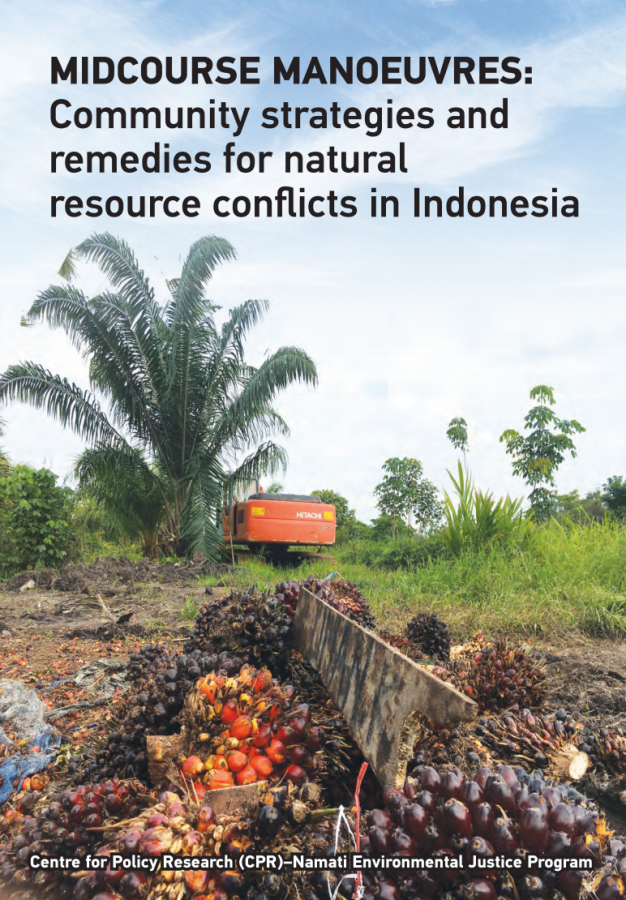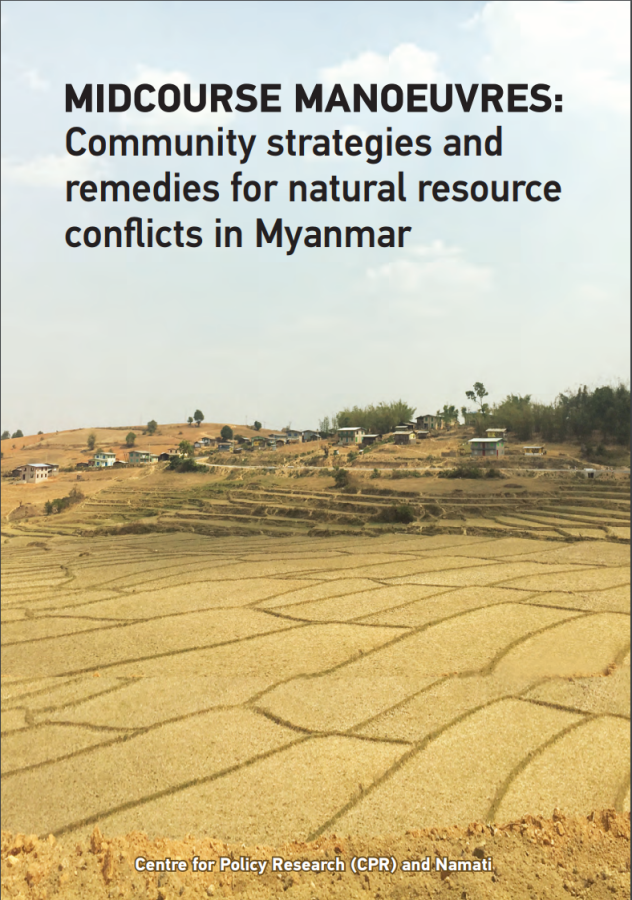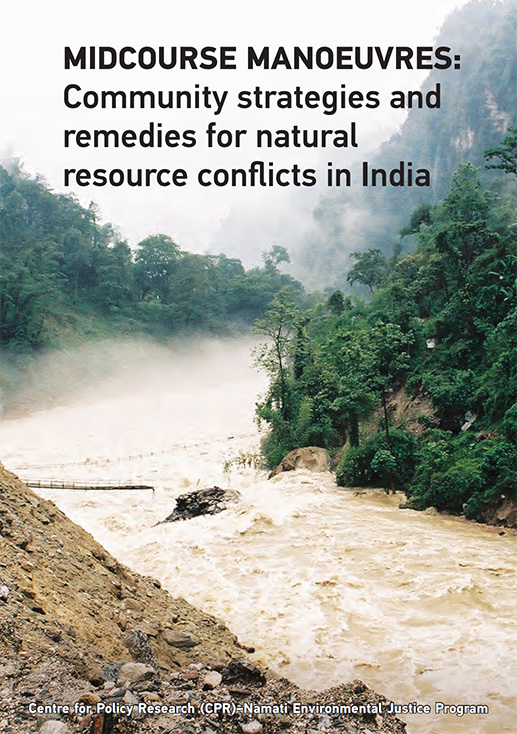United Nations Declaration on the Rights of Peasants and Other People Working in Rural Areas
ABSTRACTED FROM LA VIA CAMPESINA PRESS RELEASE: The UN Declaration aims to better protect the rights of all rural populations including peasants, fisherfolks, nomads, agricultural workers and indigenous peoples and to improve living conditions, as well as to strengthen food sovereignty, the fight against climate change and the conservation of biodiversity. The endorsement of the UN Declaration also constitutes an important contribution to the international community’s effort to promote family farming and peasant agriculture.





